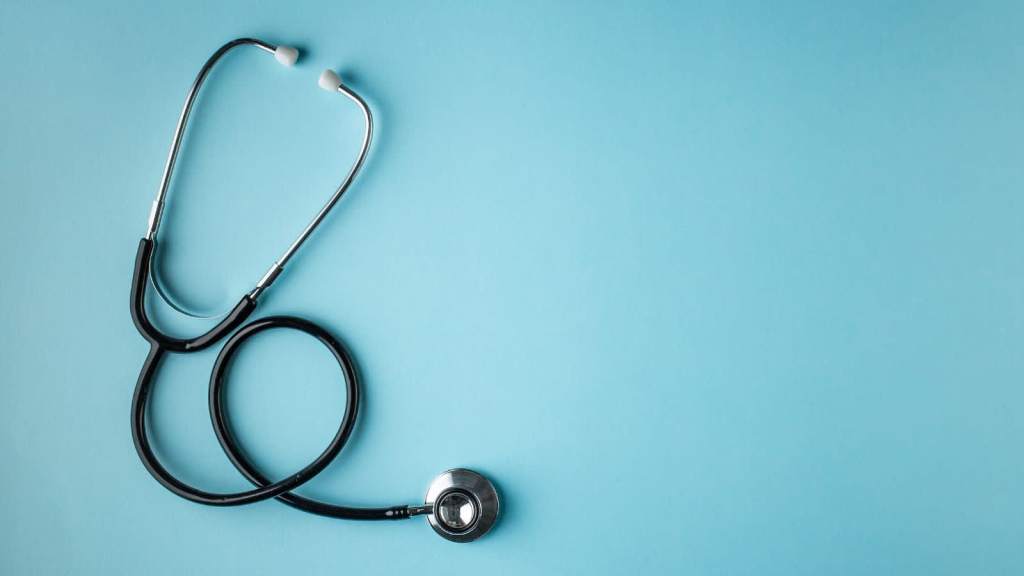There are a plethora of old wives tales that exist in the world. Many of these tales are health-related and most of us most probably grew up hearing them from our parents and grandparents — I certainly did!
But, most of them aren’t true. We rounded up a bunch of health myths in order to debunk them, once and for all.
You’ll get sick if you leave the house with wet hair
This was the mantra of mums’ around the country for years, but according to research, it’s a flat out myth. The thought process behind this myth is that wet hair increases your chances of catching a cold. While some people have anecdotal evidence that backs this up, science says it ain’t so.
A study in 2005 tested whether chilling the body increased the chances of catching the common cold virus. According to Healthline, the answer is no. But, researchers did find that it could cause the onset of cold symptoms if the virus was already present in the body.
The real cause of sickness isn’t wet hair or exposure to the cold, but germs and bacteria. As we’ve seen with COVID-19, the easiest way to get sick is by being in the vicinity of someone already unwell and being exposed to their respiratory droplets through sneezing or coughing. Otherwise, touching surfaces that contain bacteria and then touching your face is also a surefire way to get sick. So, take this as a gentle reminder to wash your hands and avoid touching your face.
E-cigarettes are healthier than regular cigarettes
While vaping has been marketed as better for you than regular tobacco cigarettes, this is not the case. The long-term effects of vaping are still unknown and the chemicals within the e-cigarettes are still unregulated.
According to the Cancer Council, products that deliver chemicals straight to the lungs are usually only approved after extensive research on their safety. But, because the e-cigarettes on the market in Australia are relatively new, they “have not passed through this process and have not been proven safe to use.”
According to the National Health and Medical Research Council, vaping can also “expose users to chemicals and toxins such as formaldehyde, heavy metals, particulate matter and flavouring chemicals, at levels that have the potential to cause adverse health effects.” Yikes.
So, if you’re making the decision to vape (which is totally your choice!), just be aware of the potential health effects.
Cracking your knuckles will give you arthritis
While this myth was debunked years ago, it’s a good reminder in case you missed the news. The simple answer is no, cracking your knuckles won’t give you arthritis.
According to Healthline, arthritis “develops when the cartilage within the joint breaks down and allows the bones to rub together.” Cracking your knuckles doesn’t contribute to the break down of cartilage and the pop noise you hear when you do it is caused by the partial collapse of the cavity in your hand. If you do experience any pain or swelling from cracking your knuckles, there is an underlying issue going on and you should get that checked out.
Hair of the dog can cure a hangover
Sorry to be the bearer of bad news but this is indeed a myth. While drinking alcohol when experiencing a hangover will make you feel better, it’s only temporary.
According to Healthline, as your body breaks down alcohol, your hangover symptoms become more severe because your blood alcohol levels are returning to zero. So, by having a drink, you’re raising those levels and lessening the symptoms of the hangover. But, it only delays the hangover until later and those symptoms will return when your blood alcohol level drops again.
Crossing your legs gives you varicose veins
For years, people have thought that crossing your legs when you sit causes varicose veins. According to Healthline, this is a big, fat myth.
Varicose veins are the bulging veins that pop out of your legs and they are often blue or red. They’re most commonly found on the calves, thighs and inner legs. While varicose veins can affect anyone, they’re most prevalent in pregnant and older women.
Healthline says that the cause of varicose veins is “because of a problem with the valves in your veins, which work very hard to pump blood up toward the heart. As the blood moves upward, one-way valves open and close, preventing blood from leaking back down. When these valves are weakened or damaged, however, the force of gravity pulls blood back down. This is known as venous insufficiency. Veins become varicose when that blood gets backed up, collects, and causes bulging.”
So, while standing and sitting for long periods of time can increase your risk of varicose veins developing, crossing your legs doesn’t have this effect.







